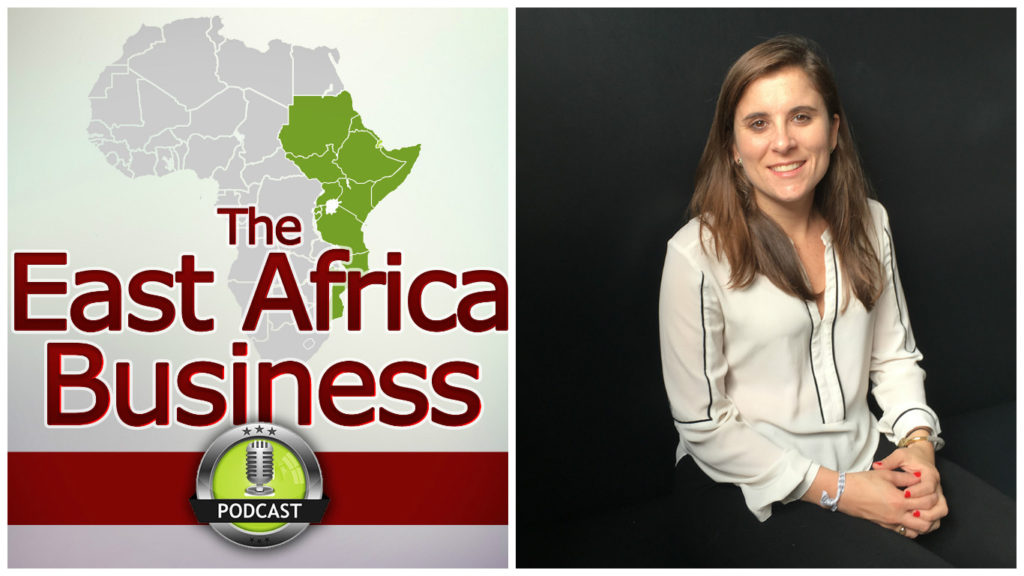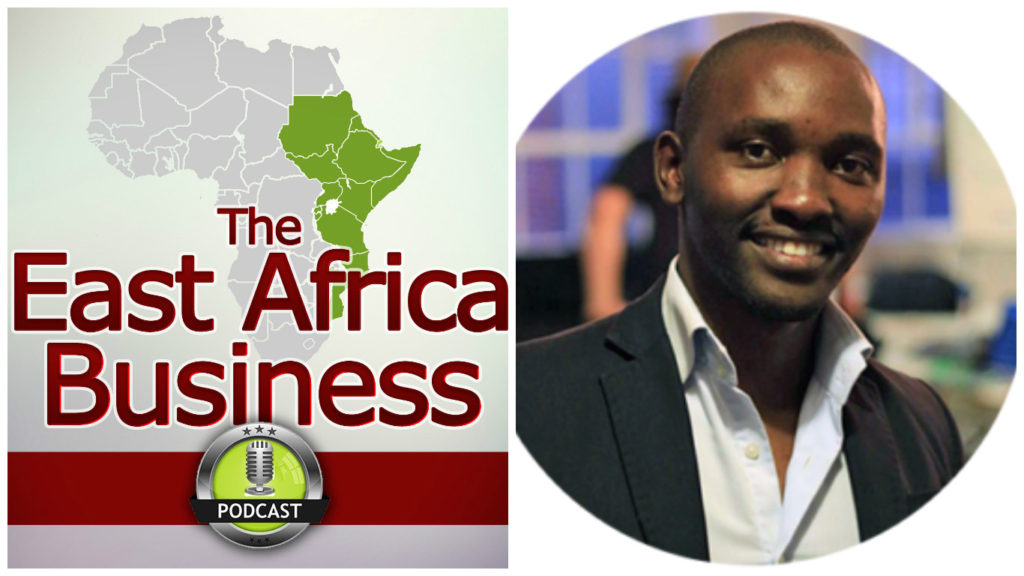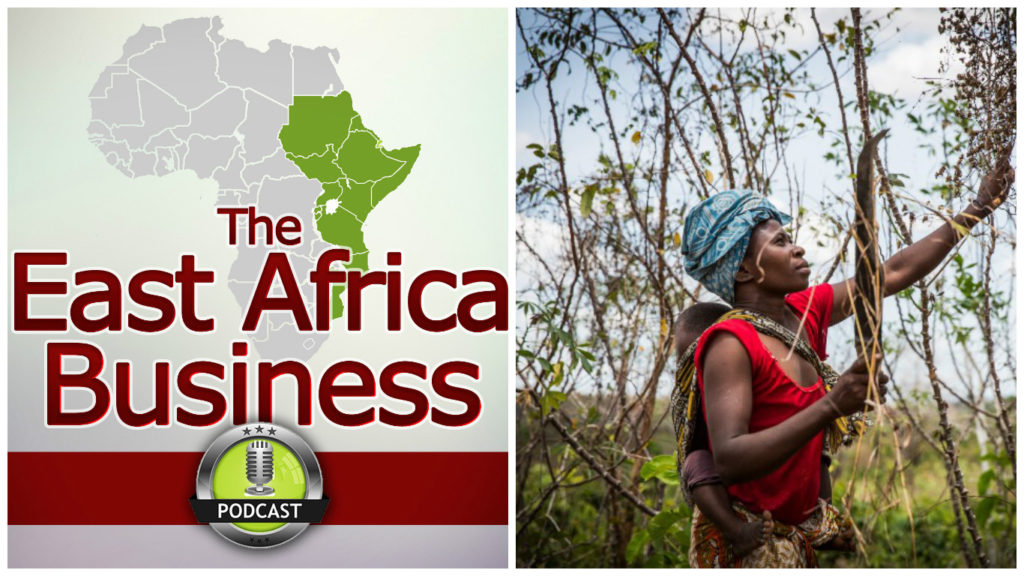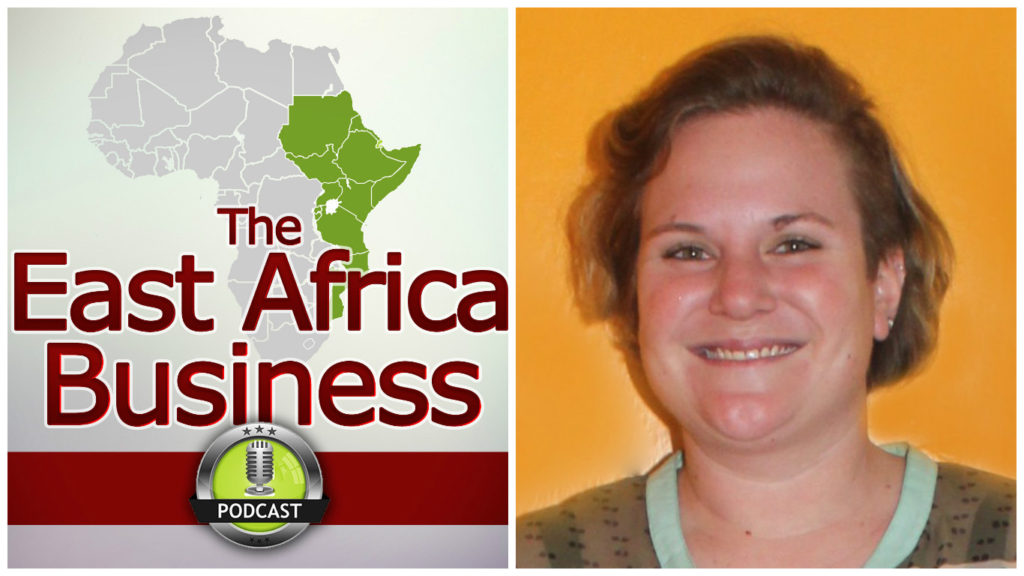Overview
There are some ideas that, when someone tells you about it, your first reaction is surprise that there even needs to be a business
I had this reaction about Flare, which is improving how people get access to emergency care in Kenya.
Described as “an Uber for ambulances” it is consolidating the 50 companies that exist in the country so that there is one place for patients to call to get fast emergency care.
Essentially making a something akin to 999 (or 911 in the US).
We discuss the current state of the emergency healthcare market across Africa, the stepped process in which they are deploying the app and educating the population that this is a service that can actually exist.
It’s one of the most interesting conversations I’ve had and so I hope you enjoy
Sign up below to hear whenever there are new stories and episodes released on the podcast
Here are some of the key quotes:
“We saw a supply and demand imbalance”
Working in healthcare across Africa for several years, my co-founder and I saw a need to bring people closer to the sparkling new hospitals that are being built in the region.
“Our first focus is emergency response”
In Kenya, and indeed across the region, there is an abundance of ambulances
“There is no equivalent of 911”
Each of these private healthcare companies exists independently and has its own unique phone number. There is no centralised number to call.
“It takes 2 hours to get an ambulance”
Whereas in New York its 7 minutes. Flare is here to really improve upon this latent inefficiency.
“Most people don’t even consider calling an ambulance”
The process is so painful (identifying location, negotiating price…) that people will typically call their friends, a taxi, or other means with which to get them to a hospital.
“The ambulances look similar”
They have sirens and can overtake traffic and contain all of the supplies that are typical in an ambulance in the UK or the US.
“Ambulance companies are for profit”
They look to generate revenue from the call outs they make to cover their costs. Though in 20% of the time they will take someone in, say, a roadside emergency and not charge.
“$55 per trip”
The cost of a trip in an ambulance is between $30-$100. The spread is owing to time to get there, but also the sophistication of the equipment in the vehicle.
“Flare with stitch together all of the companies”
Right now there are 50 different phone lines. As a customer I would contact the nearest ambulance to me.
“Customers will download the app”
The main benefit for this is the geolocation of patient. It makes things easier in terms of matching with the closest ambulance.
“Flare is for profit”
We will take a percentage of each trip. Right now demand is really suppressed and so we think that by creating a better user experience, we can really grow out the market for emergency care.
“We see a public-private partnership”
At the moment, the state doesn’t have the resource to offer this service. Flare are carving out the portion of society who can pay for the service with a view of extending it later, probably with the help of the government.
“To start, it will be like Uber on the back end”
Our first phase in rolling out Flare is to manage the behind the scenes logistics of deploying the correct ambulance. Patients will still have the same experience, but things will be more organised.
“India does something similar”
The benefits of launching in a developing market is that there are no existing systems to compete with. You not need to unwind current behaviours, you can jump straight to the solution.
“It’s not just Kenya”
The market structure of many small ambulance companies (where Flare gives most value) is present across other sub-Saharan countries, meaning there is a room to expand.
“You need a neutral stitcher”
Having no affiliation to a particular ambulance company means that Flare are in a good position to be organisation to consolidate the players in the industry.
“No one realises there could be a better way”
From customer interviews I’ve been surprised to see people think through how they would be get to a hospital in an emergency. People don’t think it’s possible to call an ambulance.
“There are ways to shortcut people using the app”
It could be in terms of educating people, or having the app pre-downloaded, or linked to the “Emergency” features that many smartphones have in-built.
Social Media Follows etc.
Blog: blog.capsule.co.ke
John Oliver on 911:



